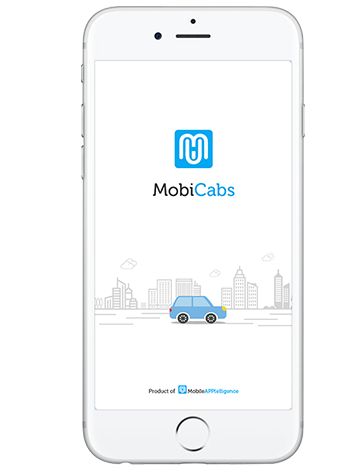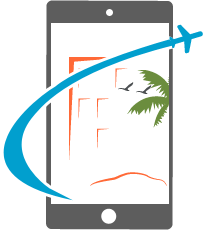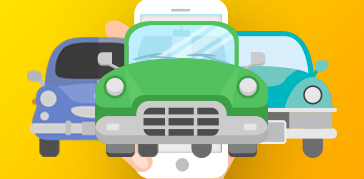After e-commerce, m-commerce (mobile commerce) is paving the way for online shopping, marketing and business. Thanks to growing number of smartphone users which is driving the growth of m-commerce. It is define as "the buying and selling of goods and services via mobile/wireless technologies and devices". Looking for mcommerce for your online store, talk to us.
Get A Project Quote 














